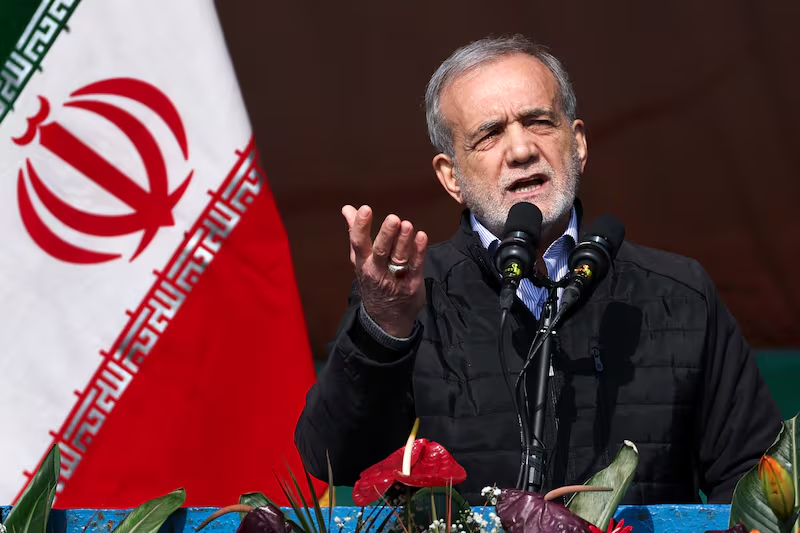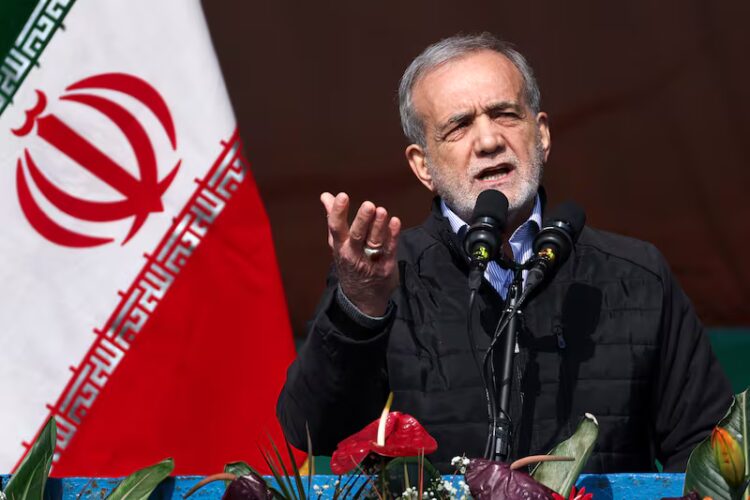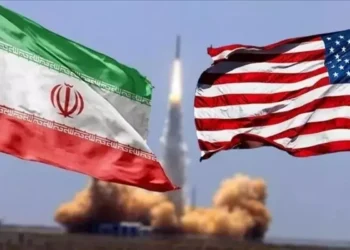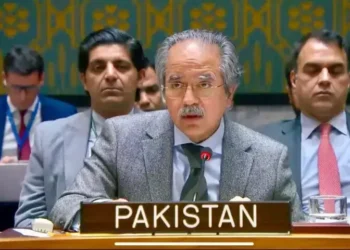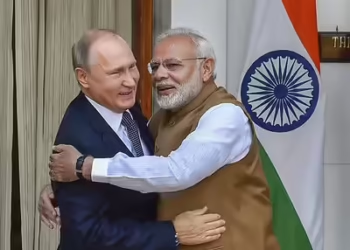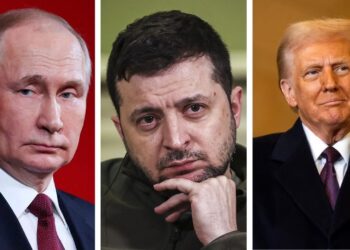Tehran: Iran has formally suspended its cooperation with the International Atomic Energy Agency (IAEA), the United Nations’ nuclear watchdog, a decision that comes just days after a 12-day war that saw Israeli and US strikes on Iranian nuclear sites. Iranian President Masoud Pezeshkian promulgated the law suspending cooperation, state TV reported on Wednesday, July 2, 2025.
The unprecedented conflict, which erupted on June 13 and lasted until a ceasefire took hold on June 24, significantly heightened tensions between Tehran and the IAEA. On June 25, the day after the ceasefire, Iranian lawmakers overwhelmingly voted in favor of the bill to suspend cooperation with the agency. The legislation was subsequently approved by the Guardian Council, a body responsible for vetting laws for compliance with the constitution and Islamic law, before receiving final ratification from the presidency.
The decision is a direct response to the recent hostilities, during which Israel launched “Operation Rising Lion,” targeting Iran’s nuclear sites and military leadership. Iran retaliated with “Operation True Promise 3,” involving missile and drone attacks on Israeli positions. The United States then intervened with “Operation Midnight Hammer” on June 22, striking key Iranian nuclear facilities at Fordow, Natanz, and Isfahan. Iran condemned these strikes as a “savage assault” and vowed not to abandon its nuclear ambitions.
Iranian officials have sharply criticized the IAEA for what they described as the agency’s “silence” in the face of the Israeli and US strikes on Iranian nuclear sites. They also pointed to a June 12 resolution passed by the IAEA board, which accused Tehran of non-compliance with its nuclear obligations, as an “excuse” for the Israeli attacks. Iran has also reportedly rejected a request from IAEA Director-General Rafael Grossi to visit the bombed nuclear sites.
The implications of this suspension for the IAEA’s ability to monitor Iran’s nuclear program remain unclear. However, it signifies a significant escalation in Iran’s nuclear posture and is expected to intensify global concerns regarding its atomic activities. Israel and some Western countries accuse Iran of seeking to develop nuclear weapons, a claim Tehran consistently denies, asserting its nuclear program is for civilian energy purposes.
